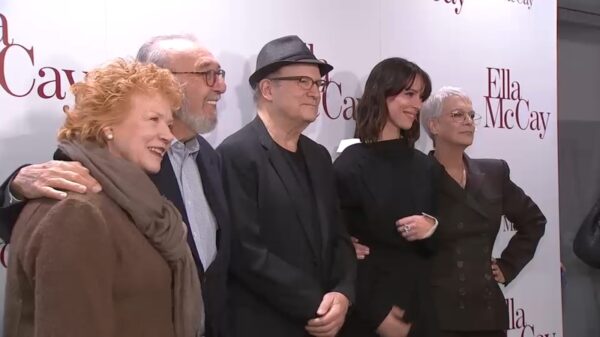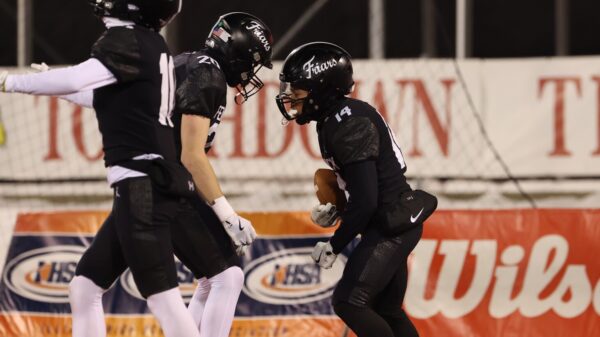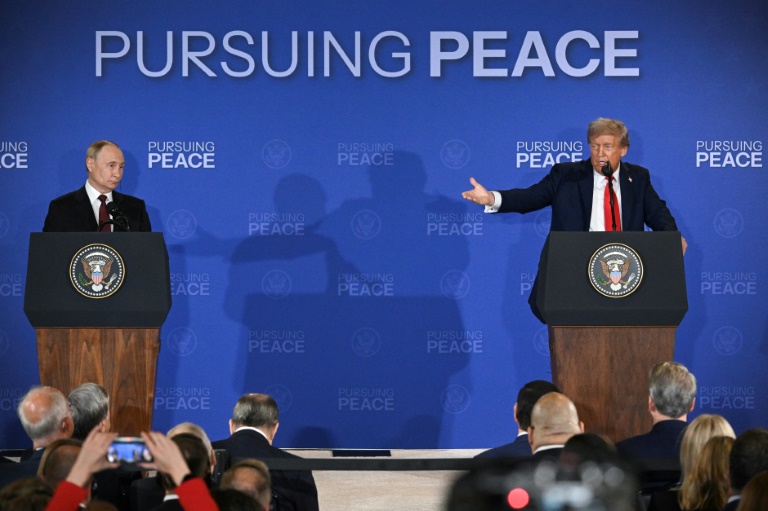European leaders are recalibrating their approach after the recent summit between Russian President Vladimir Putin and US President Donald Trump concluded without a deal concerning Ukraine. This development, while disappointing, has allowed European nations to maintain a presence in a crucial geopolitical discussion that could shape the continent’s future. Professor Alberto Alemanno from HEC University in Paris remarked, “It’s good news that there was no deal, for both Ukraine and the Europeans.” He emphasized the potential danger of a “new European security map” being drawn without input from Ukraine’s President Volodymyr Zelensky or European leaders.
The summit, held in Alaska, left Europe feeling sidelined. In anticipation, European leaders engaged in a series of urgent meetings to prepare their stance. On March 4, 2024, the French presidency announced that leaders from Britain, France, and Germany would host a video call for their so-called “coalition of the willing.” The aim was to discuss actionable steps towards peace in Ukraine, coinciding with Zelensky’s upcoming talks in Washington with Trump.
European leaders have proposed a three-way summit involving Zelensky, Putin, and Trump, but the prospect of improving relations with Russia appears slim. The Kremlin has faced 18 rounds of European sanctions since its invasion of Ukraine in February 2022, and Putin has made his position clear. On March 1, 2024, he warned against any attempts from Ukraine or European nations to “create obstacles” or “disrupt progress through provocation.”
According to James Nixey, a specialist in Russian foreign policy, Putin’s strategy is to exclude Europeans from the discussions while keeping Americans engaged. Following their own debrief with Trump and Zelensky, European leaders convened a video call to outline their next steps. They collectively affirmed that Moscow “cannot have a veto” over Ukraine’s aspirations to join the European Union or NATO. This statement was endorsed by Emmanuel Macron, Chancellor Friedrich Merz, UK Prime Minister Keir Starmer, and European Commission President Ursula von der Leyen.
Macron stressed the need for intensified pressure on Russia until a “solid and durable peace” is achieved. Yet, as Alemanno points out, European leaders have historically avoided direct engagement with Putin. Now, they find themselves in a position where they must navigate complex terms of engagement without a clear strategy, leaving them in a precarious situation.
The urgency of this matter is compounded by Trump’s recent indications that he may be willing to withdraw from the conflict, despite his earlier campaign promise to resolve it within “24 hours.” Danish Prime Minister Mette Frederiksen expressed concern in an interview with the Jyllands-Posten, stating, “Each morning when I wake up, my first thought is that we have to re-arm ourselves even faster.”
As the geopolitical landscape continues to evolve, European leaders must adapt their strategies and ensure they are not left out of critical discussions that will define the future of Ukraine and its relationship with both Russia and the West.






































































